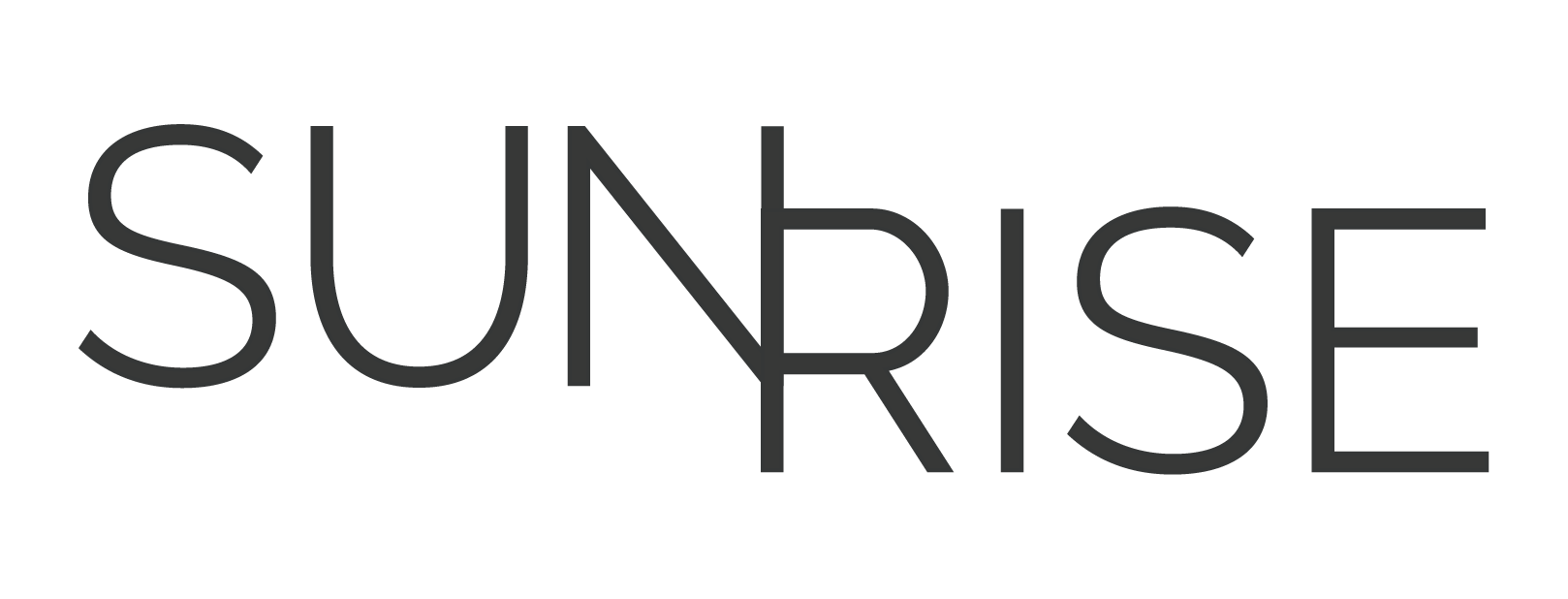AIRC Webinar Summary
As a strategic partner of AIRC, Sunrise was pleased to lead one of AIRC’s Spring training series, where we analyzed recent recruitment trends in Tier 2 and 3 cities in China. Invitations to AIRC’s seasonal training sessions are one of the many benefits of AIRC membership. For those of you who missed the session, this article provides a brief summary:
Tier 2 cities continue to lead growth in China's international education market. China added 53 new international schools, with 75% of them in tier 2 and 3 cities. Competition for enrollments is intensifying
Tier 2 and 3 cities are also propelling the country's economic growth, and even cities like Wuhan saw GDP growth by the end of the year
Offline fairs are returning, with more than 70 planned in China for 2021, so universities would benefit from sending alumni or in-country representatives
Some fairs will continue to be hosted virtually, but Zoom fatigue and mixed experiences will make online events harder to push and drive interest in offline events.
Students still face significant travel barriers and visa uncertainty, as many students must travel abroad to acquire visas
Agencies that survived the pandemic are recovering and have fewer competitors now, but it's worth watching for new entrants from the edtech space
China is the only major economy to grow in 2020, and its recovery has been particularly strong in tier 2 cities such as Harbin and Xi’an, which continue to lead growth in China's international education market and account for much of the country's economic growth.
Correspondingly, most newly opened international schools are in tier 2 and 3 cities. China steadily adds to its current total of 1,3999 international schools, with private schools are the fastest-growing segment at 10% growth. However, the pandemic may have stalled the trend towards international education, as the number of zhongkao test takers increased by 20% in Beijing. The increase in test takers is likely a short-term phenomenon that reflects families’ concerns about the cost and uncertainty of international schools. Many of these students are still interested in studying abroad, so recruiting gaokao students through channels like CTOI and collaborating with private sector agents will continue to be important.
Offline fairs have returned, so universities would benefit from sending alumni to fairs if they don't have in-country representatives. While 37% of education fair and tour companies have exited the market, there are still 70 offline recruitment fairs planned in 2021, in addition to many events planned by agents and Chinese universities. Virtual fairs will remain even after pandemic, but there are persistent worries among counselors in Tier 2 and 3 cities that universities will stop visiting in favor of cheaper and easier online events. Universities that are determined enough to send staff to China or resourceful enough to send alumni or China-based representatives to offline visits and fairs this year will have a clear recruitment advantage.
Meanwhile, travel barriers and visa uncertainty remain for students, and students find that US offer letters are often ambiguous on whether they will offer offline classes in the fall. Concerns about COVID cases in the US remain, but there is cautious optimism that President Biden will improve US policy and vaccination rates will improve safety. The pandemic propelled the test optional admissions movement, with 700 colleges adopting test optional admissions policies. However, Chinese students still believe that highly selective universities are not truly test optional and that standardized test requirements may be reinstated next year.
Chinese agencies were particularly hard hit by the pandemic; 37% experienced major financial difficulties. Agencies who survived the pandemic are recovering and have fewer competitors now, but it's worth watching for new entrants from the ed-tech space. And of course, any new agent you’re evaluating for a partnership should demonstrate their commitment to ethical counseling and good business practices, such as through an AIRC certification.
For more information, refer to the AIRC spring training series (only available to members). You can also learn more by Sunrise’s white paper on trends in China’s education space (available on 4/25 on our Insights page) and joining our LinkedIn group, Chinese Education and International Engagement.


